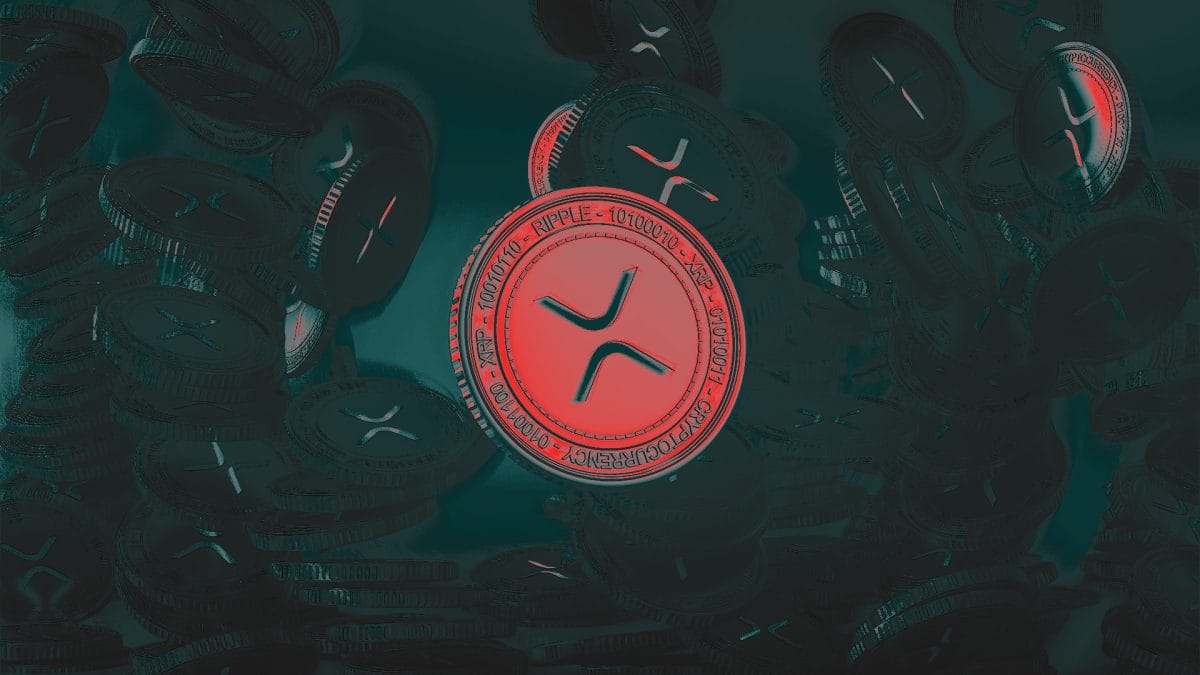A quiet shift has taken hold in the world of crypto investments. It’s the kind of move that might not grab screaming headlines, but it certainly changes how many people can dip their toes into digital assets. Imagine sitting down to a cup of coffee, and I tell you that a major player, Hashdex, just opened its doors wider for investors.
- Hashdex’s Nasdaq Crypto Index US ETF (NCIQ) has expanded its holdings to include Stellar, XRP, and Solana, alongside bitcoin and ether. This expansion is a direct result of recent SEC approval of generic listing standards for crypto funds.
- The SEC’s approval of generic listing standards simplifies the process for exchanges to list certain crypto funds, potentially unblocking dozens of previously stalled ETF applications. This signifies a more streamlined regulatory environment for digital asset investment products.
- This regulatory shift offers investors easier access to a diversified range of digital assets through traditional ETF structures, potentially increasing legitimacy and attracting institutional capital to the crypto market.

Their Hashdex Nasdaq Crypto Index US ETF, known by its ticker NCIQ, recently expanded its holdings. This isn’t just a minor tweak. It means that alongside the familiar faces of bitcoin and ether, you’ll now find Stellar, XRP, and Solana in the mix. This is a significant step for an exchange-traded product.
The reason for this expansion? It boils down to a recent nod from the U.S. Securities and Exchange Commission, the SEC. They approved what are called “generic listing standards.” Think of these as a set of clear rules, a blueprint, that makes it easier for exchanges to list certain types of crypto funds.
Samir Kerbage, CIO at Hashdex, put it plainly in a statement. He said, “Thanks to recent regulatory updates and the approval of generic listing standards, NCIQ is expanding today and will adapt over time as new assets meet the index’s and listing requirements.” It sounds a bit like a green light for more innovation.
For a while, the crypto ETF landscape felt like a maze. Bitcoin and ether ETFs eventually made it through, but other digital assets faced a much tougher path. Now, with these new standards, the path is clearer. It’s like the SEC finally handed out a universal key instead of making everyone pick individual locks.
The Regulatory Shift
Last week, the SEC approved listing standards proposed by three different exchanges. These changes affect a rule that governs how commodity-based trust shares are traded and listed. In simple terms, it lays out specific requirements. Once met, these shares can be listed on exchanges with less fuss.
What does this mean for you, the curious reader? It means dozens of crypto ETF applications, which have been sitting in regulatory limbo, could soon see the light of day. The approval dramatically shortens the time these funds need before they can start trading. It’s a bit like clearing a bottleneck on a busy highway.
This wasn’t the only piece of good news last week. The SEC also gave its blessing to Grayscale’s multi-crypto fund. That fund offers exposure to a basket of digital assets, including XRP, Solana, Cardano, ether, and bitcoin. It shows a pattern, doesn’t it?
Hashdex’s NCIQ ETF itself got its initial approval back in December. At that time, it only held spot bitcoin and ether. But things have changed. We’ve seen a shift in presidential administration and what many consider a friendlier regulatory environment for crypto. This has certainly greased the wheels.
Dozens of firms are now waiting for the SEC’s sign-off on funds that track a wide array of digital assets. Many of these approvals are expected to come through very soon. It’s a busy time for the regulatory bodies, and a hopeful one for those looking to invest.

What This Means for Investors
So, what does this all mean for the average investor, or even the seasoned crypto enthusiast? For one, it offers easier access. Instead of buying individual tokens on various exchanges, an ETF provides a regulated, traditional investment vehicle. It’s a way to get exposure without the direct hassle of managing private keys or dealing with unfamiliar platforms.
The inclusion of assets like XRP and Solana in an ETF is particularly interesting. These tokens have their own distinct use cases and communities. XRP, for instance, focuses on fast, low-cost international payments. Solana is known for its high transaction speeds and scalability, a popular choice for decentralized applications (dApps) and NFTs.
Stellar, another new addition, aims to connect financial institutions and reduce the cost and time of cross-border transfers. Each of these assets brings a different flavor to the NCIQ ETF. This diversification can be appealing to investors who want broader exposure to the crypto market’s potential without picking individual winners.
It also lends a degree of legitimacy. When a regulated financial product like an ETF includes these assets, it signals a growing acceptance within traditional finance. It’s a nod from the institutions that these digital assets are maturing, moving beyond the fringes and into mainstream consideration.
This shift could also bring more institutional capital into these specific assets. Large funds and institutional investors often prefer the structure and oversight of an ETF. This influx of capital could, in turn, affect market liquidity and price stability. It’s a ripple effect that could touch many corners of the crypto market.
The regulatory landscape for crypto has been a topic of much discussion, often with a good deal of hand-wringing. But these recent approvals suggest a turning point. It seems the SEC is finding its rhythm, providing clearer guidelines that allow for innovation within a structured framework.
As we look ahead, it’s worth watching how many more crypto ETFs gain approval. Will we see even more diverse baskets of digital assets? Will new types of crypto-linked financial products emerge? The doors are certainly opening wider, and the crypto market continues its steady march into the financial mainstream.

















